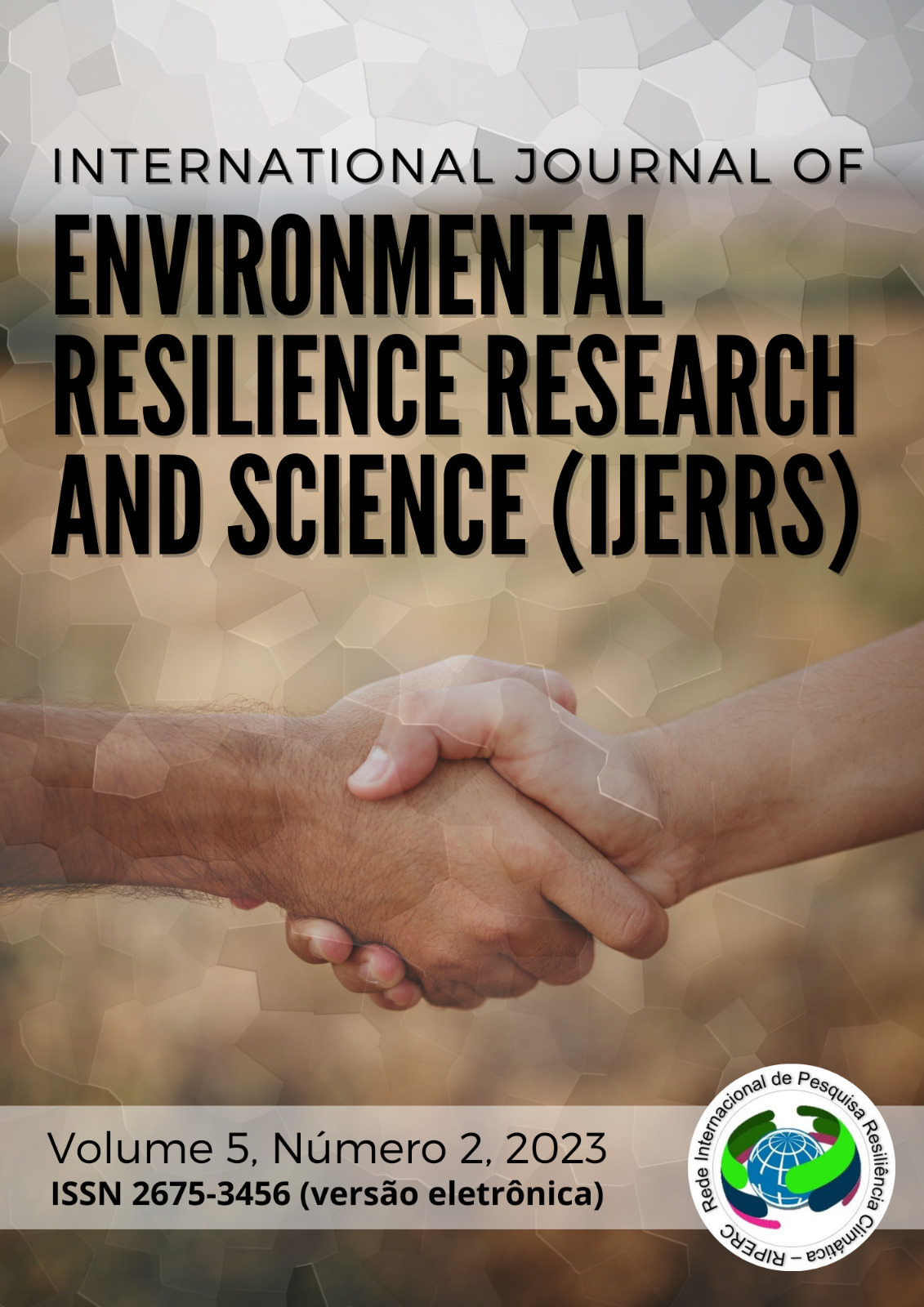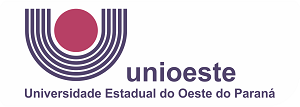Participatory Monitoring as a Mechanism for Climate Adaptation and Resilience in Cities. Case of The Obeamv/Unila Extension Project on Foz Do Iguaçu
DOI:
https://doi.org/10.48075/ijerrs.v5i2.32274Abstract
Abstract: This article is an experience report on the pilot plan for participatory monitoring of the priority areas of the Atlantic Forest Municipal Plan (PMMA) in Foz do Iguaçu/PR. The project is part of the extension actions that the Moema Viezzer Environmental Educator Observatory (OBEAMV) has been developing in 2022 and 2023, linked to the Federal University of Latin American Integration (UNILA). The aim is to present how participatory monitoring can contribute to the conservation of priority areas in the Atlantic Forest and, consequently, to maintaining the socio-ecological dynamics that contribute to climate adaptation and resilience for both communities and the ecosystem. To this end, the experience covers three dimensions: the technical environmental dimension; the socio-environmental and/or social participation dimension; and finally the local management and governance dimension. In short, the experience of participatory monitoring of the PMMA in Foz is part of a project to empower communities in the conservation of the city's green areas through the development of knowledge in the environmental area and joint management strategies in the tripod: community, organized civil society and public authorities.
Key Words: Monitoring, participation, resilience, AbE, climate emergency, PMMA.
.
Downloads
Published
How to Cite
Issue
Section
License
Copyright (c) 2023 International Journal of Environmental Resilience Research and Science

This work is licensed under a Creative Commons Attribution-NonCommercial-ShareAlike 4.0 International License.
Aviso de Direito Autoral Creative Commons
Política para Periódicos de Acesso Livre
Autores que publicam nesta revista concordam com os seguintes termos:
1. Autores mantém os direitos autorais e concedem à revista o direito de primeira publicação, com o trabalho simultaneamente licenciado sob a Licença Creative Commons Attribution que permite o compartilhamento do trabalho com reconhecimento da autoria e publicação inicial nesta revista.2. Autores têm autorização para assumir contratos adicionais separadamente, para distribuição não-exclusiva da versão do trabalho publicada nesta revista (ex.: publicar em repositório institucional ou como capítulo de livro), com reconhecimento de autoria e publicação inicial nesta revista.
3. Autores têm permissão e são estimulados a publicar e distribuir seu trabalho online (ex.: em repositórios institucionais ou na sua página pessoal) a qualquer ponto antes ou durante o processo editorial, já que isso pode gerar alterações produtivas, bem como aumentar o impacto e a citação do trabalho publicado (Veja O Efeito do Acesso Livre).
Licença Creative Commons
Esta obra está licenciada com uma Licença Creative Commons Atribuição-NãoComercial-CompartilhaIgual 4.0 Internacional, o que permite compartilhar, copiar, distribuir, exibir, reproduzir, a totalidade ou partes desde que não tenha objetivo comercial e sejam citados os autores e a fonte.









